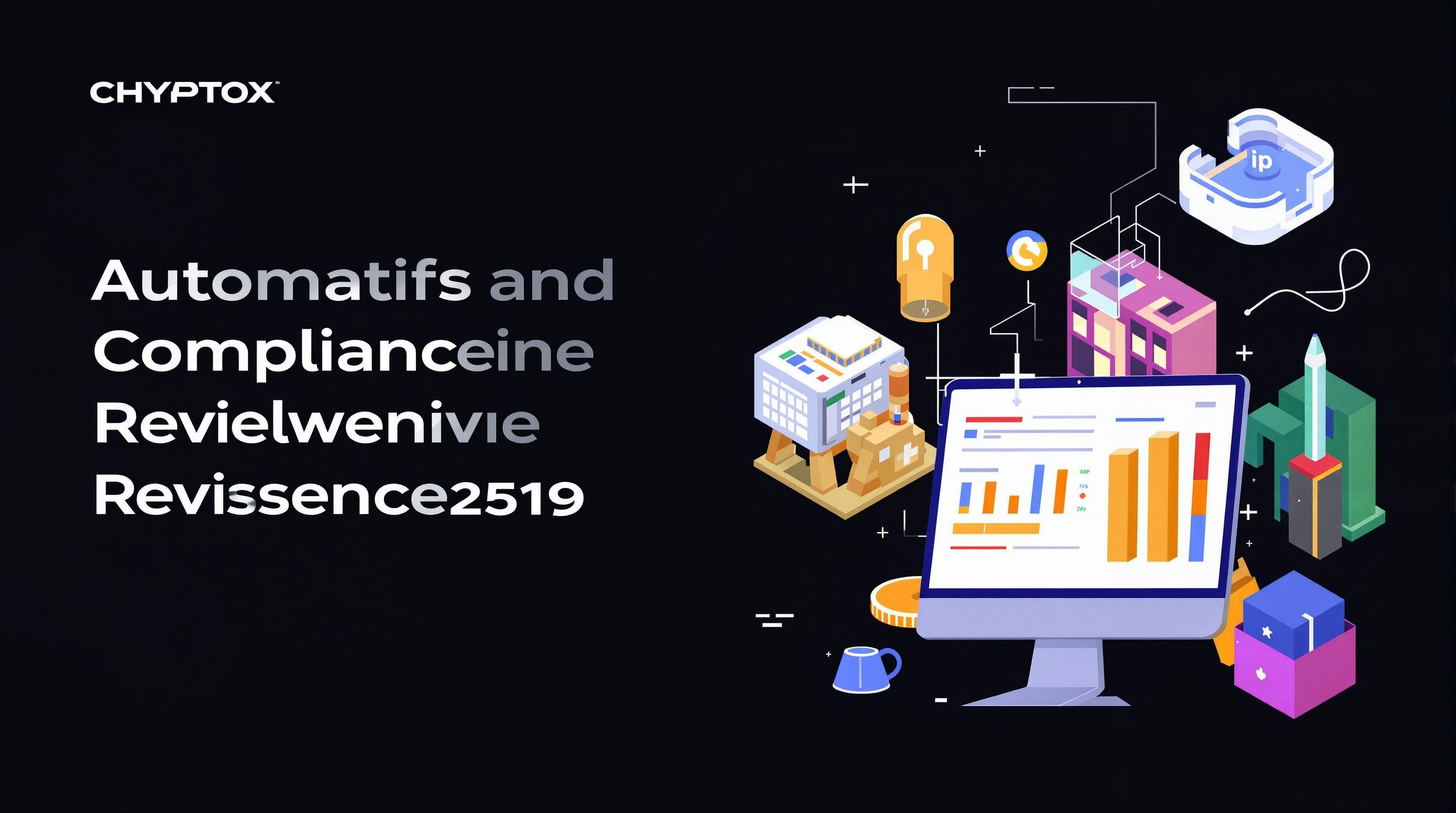Related Articles
- Top 8 Trailblazing Low-Code Platforms from the Past Five Years Revolutionizing App Development Efficiency
- Top 6 SaaS UX Innovations Since 2019 That Outsmart Legacy Giants in User Workflow Mastery
- How Forgotten Protocols in Legacy Systems Challenge Modern Digital Authentication Practices
- Unveiling the Role of Corporate Storytelling in Shaping Employee Adherence to Ethics and Compliance Standards
- 5 Next-Gen Digital Collaboration Apps from 2019-2024 That Transform How Teams Connect and Create
- The Unexpected Environmental Impact of Subscription Models: How Recurring Payments Influence Sustainable Consumer Choices
9 Niche Legal Compliance Challenges Small Businesses Overlook That Could Trigger Major Penalties
9 Niche Legal Compliance Challenges Small Businesses Overlook That Could Trigger Major Penalties
9 Niche Legal Compliance Challenges Small Businesses Overlook That Could Trigger Major Penalties
Small businesses often operate with limited resources and a fierce drive to grow, yet many overlook critical legal compliance areas that could expose them to severe penalties. Beyond the obvious tax and employment laws, niche compliance challenges lurk in the shadows of everyday operations. Failure to recognize and address these issues can lead to costly fines, damaged reputations, or even forced shutdowns.
In this article, we examine nine specialized legal challenges that often fly under the radar but pose significant risks. By highlighting these overlooked areas, small business owners can better safeguard their ventures and potentially avoid catastrophic consequences.
Many of these compliance issues revolve around industry-specific regulations, data privacy zones, and employee-related legal nuances. Navigating them requires awareness, vigilance, and sometimes the guidance of seasoned legal professionals. Let’s dive in.
1. ADA Compliance for Websites and Physical Locations
The Americans with Disabilities Act (ADA) mandates accessibility for people with disabilities both in business premises and digital platforms. While most small business owners are aware that their storefronts must be accessible, many underestimate the legal obligation applying to their websites.
ADA website compliance requires features such as screen reader compatibility, text alternatives for images, and user-friendly navigation. Non-compliance has led to increasing lawsuits targeting businesses with inaccessible websites, even small ones. Courts have ruled that online accessibility is a public accommodation under ADA standards.
Ignoring ADA regulations can trigger lawsuits that result in costly settlements or court-mandated website overhauls. Remaining proactive by conducting accessibility audits and consulting with ADA specialists can mitigate these risks substantially.
2. Misclassification of Employees vs. Independent Contractors
Classifying workers correctly is a complex legal area that many entrepreneurs mishandle, exposing themselves to penalties from the IRS and Department of Labor. Treating employees as contractors wrongly can mean unpaid taxes, benefits, and back wages.
Misclassification is a common issue in industries such as delivery, ride-sharing, freelancing, and home services. The test for classification often examines behavioral control, financial control, and the nature of the relationship, with courts tending to favor employee classification if control is significant.
Businesses must conduct thorough analyses and keep clear documentation to prevent misclassification claims. Seeking legal advice and using official IRS tools like Form SS-8 can help clarify worker status accurately.
3. Data Privacy and Protection Requirements
Small businesses increasingly collect customer data but often fail to follow stringent data privacy laws like the California Consumer Privacy Act (CCPA) or the General Data Protection Regulation (GDPR) for international customers. Noncompliance can result in heavy fines and reputational damage.
These laws mandate transparency on data use, consumer rights to access and delete data, and robust security measures. Small companies might overlook privacy policies, data breach notification protocols, and secure data storage practices, leaving themselves vulnerable.
Implementing standardized privacy frameworks, training staff, and updating policies regularly are crucial steps. Engaging with data protection professionals helps ensure compliance, especially as privacy regulations evolve rapidly.
4. Proper Handling of Intellectual Property Rights
Small businesses often create original content, inventions, or branding elements without securing appropriate intellectual property (IP) protections. Conversely, they might inadvertently infringe on others’ IP rights due to lack of due diligence.
Failing to register trademarks, copyrights, or patents can forfeit exclusive rights, while infringement claims can bring litigation costs and injunctions. Licensing agreements and contracts also need attention to avoid disputes.
Conducting IP audits, registering critical assets, and understanding fair use standards help businesses protect innovation and avoid legal battles. Consulting IP attorneys is advisable for tailored protection strategies.
5. Environmental Regulations Compliance
Certain small businesses unknowingly engage in activities regulated by local, state, or federal environmental laws. This is especially true for companies handling waste disposal, chemical usage, or emissions.
Violations of environmental regulations can lead to steep penalties, mandatory cleanup costs, or operational restrictions. Small businesses may miss permits, reporting requirements, or waste handling protocols integral to compliance.
Performing environmental impact assessments and staying updated on relevant laws can prevent violations. Collaboration with environmental consultants ensures adherence and fosters sustainable business practices.
6. Consumer Protection and Product Liability
Small retailers and manufacturers must comply with consumer protection laws addressing product safety, labeling, and warranties. Overlooking these requirements can result in lawsuits or product recalls.
The Consumer Product Safety Commission (CPSC) enforces safety standards and investigates complaints. Mislabeling ingredients, ignoring defect reporting, or false advertising exposes small businesses to financial penalties.
Implementing quality control, accurate labeling, and customer complaint systems protects businesses and customers alike. Legal compliance audits focusing on consumer protection reduce legal exposure.
7. Occupational Safety and Health Administration (OSHA) Rules
Workplace safety laws affect all businesses with employees. Small companies must comply with OSHA’s standards to provide a safe working environment. Ignorance or neglect of safety protocols can trigger inspections and fines.
Common overlooked areas include proper employee training, hazard communication, and maintaining safety records. Reporting workplace injuries on time is also critical for compliance.
Regular internal safety audits, employee safety programs, and keeping updated on OSHA regulations help reduce workplace accidents and regulatory penalties.
8. Accurate Record-Keeping and Reporting
Many small businesses fail due to poor bookkeeping and neglecting mandatory reporting requirements to tax authorities and regulatory bodies. Inaccurate or incomplete records may trigger audits and fines.
This issue encompasses employment tax filings, annual reports for business licenses, and financial disclosures. Delays or errors signal noncompliance and can prompt enforcement actions.
Utilizing professional accounting services, reliable software tools, and adhering to filing deadlines minimizes risks. Transparent record-keeping also enhances operational efficiency.
9. Compliance with Local Zoning and Licensing Laws
Local zoning ordinances regulate where certain businesses may operate and what activities are permitted. Overlooking these local laws leads to cease-and-desist orders, fines, or revocation of business licenses.
Additionally, specialized licenses or permits are often required for food services, alcohol sales, or health care providers. Failure to obtain or renew these documents can halt operations unexpectedly.
Before launching, small business owners should investigate municipal codes and maintain communication with local authorities. Legal counsel or business advisors can assist in navigating these local compliance landscapes.
Sources:
– ADA.gov, "Accessibility of State and Local Government Websites and Web Content"
– IRS.gov, "Determining Employee or Independent Contractor Status"
– CCPA and GDPR official guidelines
– U.S. Environmental Protection Agency (EPA) compliance resources
– Consumer Product Safety Commission (CPSC) regulations
– Occupational Safety and Health Administration (OSHA)
– Local government business licensing portals




